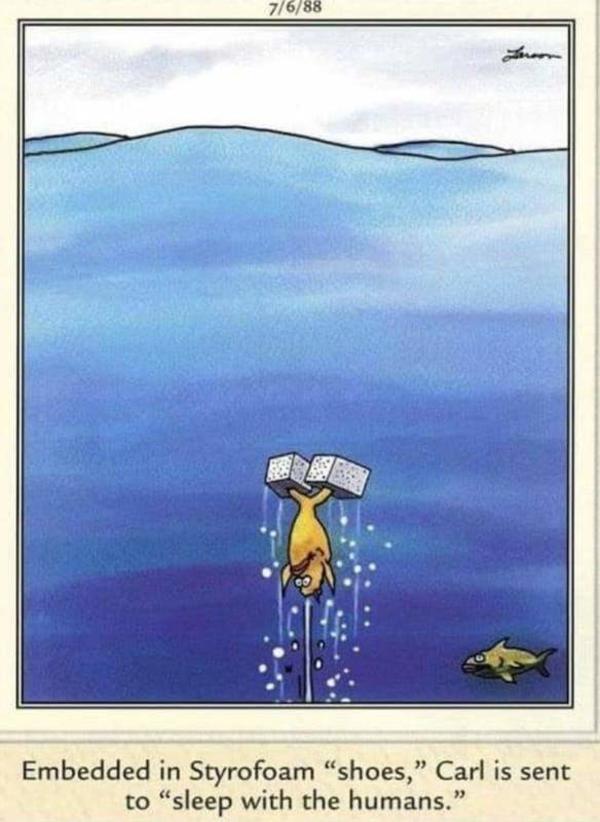I could argue against myself that creativity is an expression of the individual and as such is never objective. But writing requires that we split and divide all things as a means of control. And doing that requires a certain objectivity on the part of the writer.
Consider cadence. Staccato may make a point but choppy puts readers off. Poets know cadence. The meter contributes to the meaning by evoking images and feelings with the timing the poet intends. We write best when we draw the reader into our story. Make the world coherent, the characters true, the plot interesting, and illusion can take over the reader’s mind. All of this requires control and control requires the writer to be objective.
This is all the more obvious when writing a novel as opposed to flash fiction. I love flash fiction because I’m a lazy writer. Condensing an event or thought into a story can happen in a, um, flash. But stream of consciousness will not sustain a novel, for me, anyway. I need time to think on it. I write notes, passages, chapters. Then I use Windows’ Read Aloud to listen to the chapters. Do the words evoke what I intended to write? Never always. It’s a creative process. And an objective process.
What about your writing process? Are you lost in the story? Do you see it objectively? Both?
DISCLAIMER:
The above cartoon has nothing to do with the blog. I just like it.
